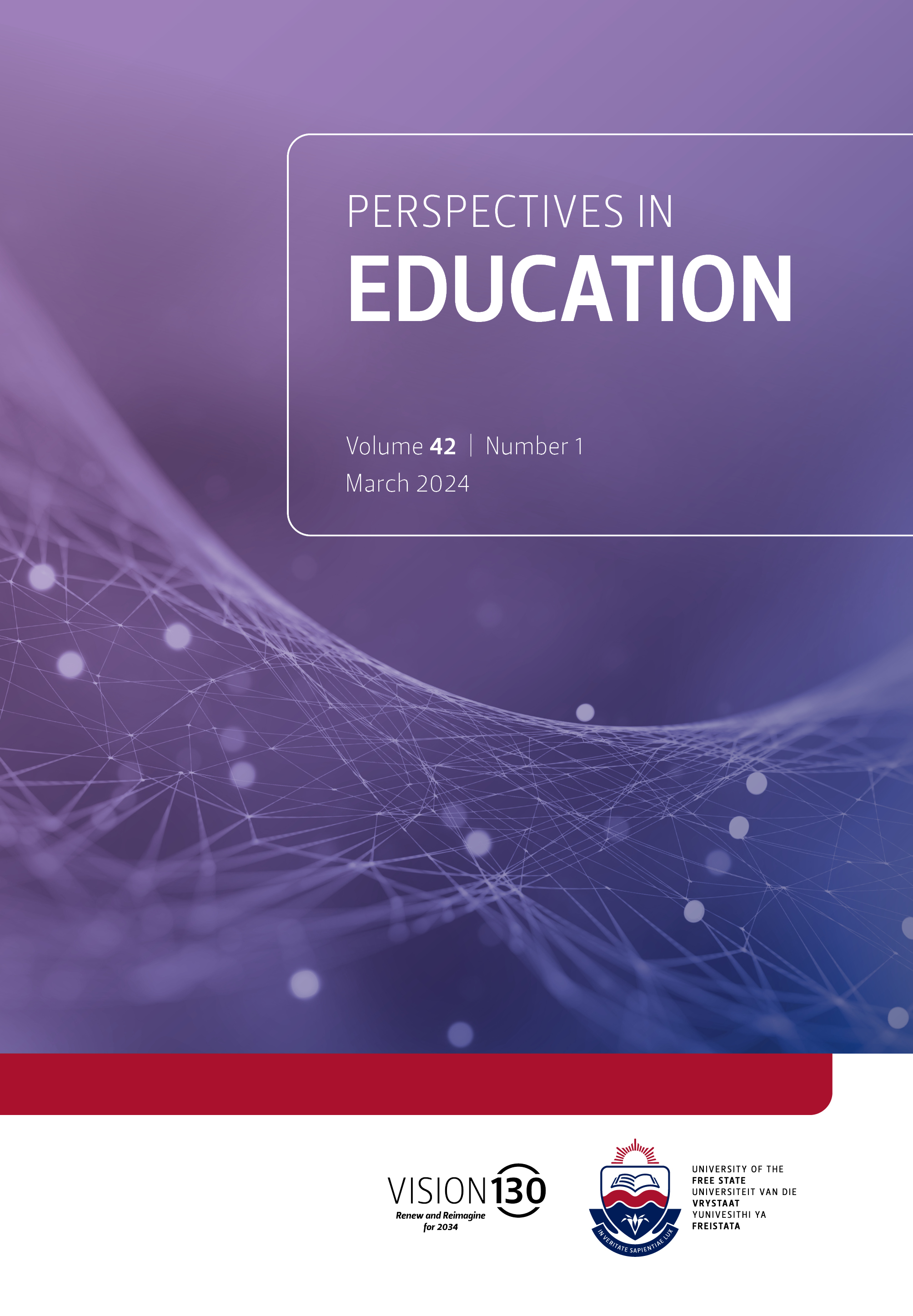On violence in South African higher education: An ideological perspective
DOI:
https://doi.org/10.38140/pie.v42i1.7232Keywords:
decolonisation, higher education, transformation, violenceAbstract
South Africa is inherently a violent country. From the service delivery protests, rise in murder rates, gender-based violence, and an increasingly violent higher education sector; South Africans are increasingly feeling vulnerable and despondent about the future. In this paper, I attempt to provide a conceptual understanding of violence in higher education. Through Gramsci’s idea of the organic crisis, I propose two kinds of violence that need urgent attention if we are to realise higher education transformation and decolonisation. Firstly, I propose a focus on what I see as the deeply embedded and well-entrenched epistemic violence in higher education. This violence operates at the level of curricula and knowledge production, and occasions the need to displace the dominance of Eurocentric thought in curriculum design. Secondly, I propose a focus on social violence, which operates at the discursive level of the institutional culture. This relates to the growing frustrations, anguish, and depression among Black academics and Black students who continue to see, read and experience higher education in South Africa as inherently anti-Black, anti-women, and increasingly anti-poor. I end the paper with some concluding thoughts on the need to adopt a broader conception of violence, and the epistemic/ontological/methodological possibilities this gives us in transforming the higher education sector in South Africa.
Downloads
##submission.downloads##
Published
How to Cite
Issue
Section
License
Copyright (c) 2024 Mlamuli Nkosingphile Hlatshwayo

This work is licensed under a Creative Commons Attribution 4.0 International License.









